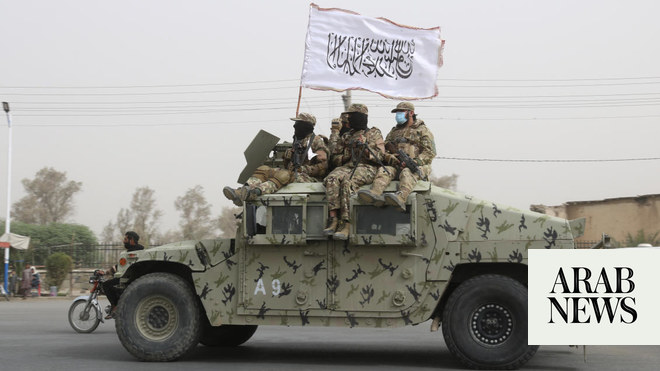
More than 100 former Afghan security forces have been killed by the Taliban or have disappeared since the militants seized control, BBC said quoting a new report by Human Rights Watch.
The rights group said an amnesty promised by Taliban"s leadership had not prevented local commanders from targeting former soldiers and police.
HRW accused the leadership of "condoning" the "deliberate" killings.
A Taliban spokesman recently denied any revenge killings were taking place.
The group seized control of Afghanistan in August as the US withdrew its last troops after 20 years of war, deposing the government of Ashraf Ghani.
The Taliban assured former government staff that they would be safe under a general amnesty towards those who had worked for the police, army, or other branches of the state.
But many doubted the substance of the amnesty. The Taliban have a long history of killing members of the security forces and civil society figures.
The group is widely held responsible for a ruthless and bloody campaign of assassinations in the 18 months between early 2020 and their takeover of the country in August. The victims included judges, journalists and peace activists.
Analysts say that campaign was designed to eliminate potential critics ahead of a return to power and instil fear in those left alive.
According to the HRW report, published on Tuesday, the targeted killings have continued under the Taliban administration, with more than 100 people being killed or having disappeared across four provinces - Ghazni, Helmand, Kunduz, and Kandahar.
The charity said the Taliban had directed members of surrendering security forces units to register to receive a letter guaranteeing their safety, but instead used the information to detain and execute or "disappear" individuals within days of their registration.
The Taliban have also used employment records left behind by the former government to identify people for arrest and execution, HRW said.
"The Taliban leadership"s promised amnesty has not stopped local commanders from summarily executing or disappearing former Afghan security force members," said Patricia Gossman, associate Asia director at the charity.
"The burden is on the Taliban to prevent further killings, hold those responsible to account, and compensate the victims" families," she said.
The Taliban Prime Minister, Mohammed Hassan Akhund, denied in a public address on Saturday that any retaliation was taking place.
When the Taliban took over, "they announced amnesty for all. Has there been any example of this?" he said, referring to retaliation. "There is no problem for anyone."











